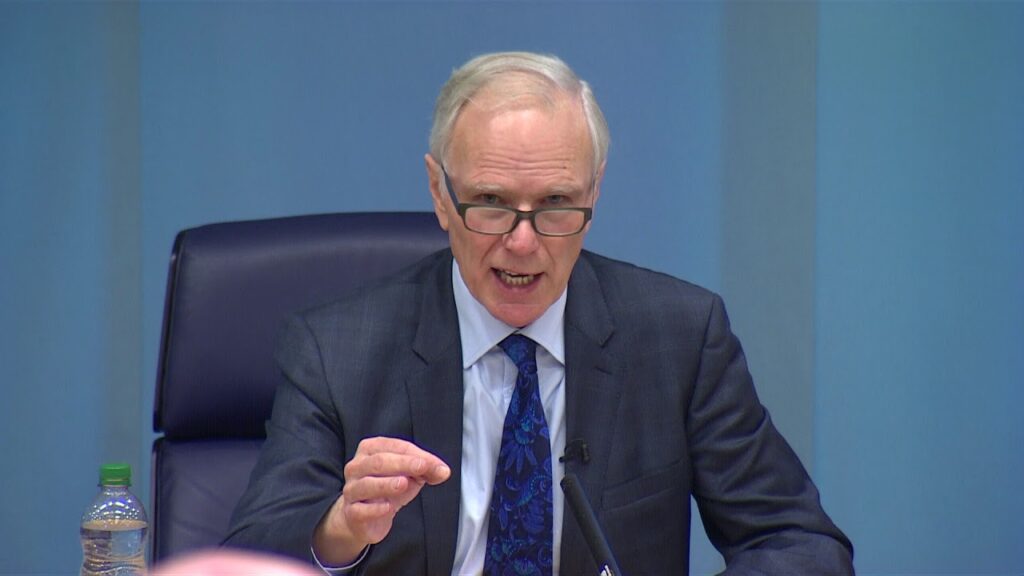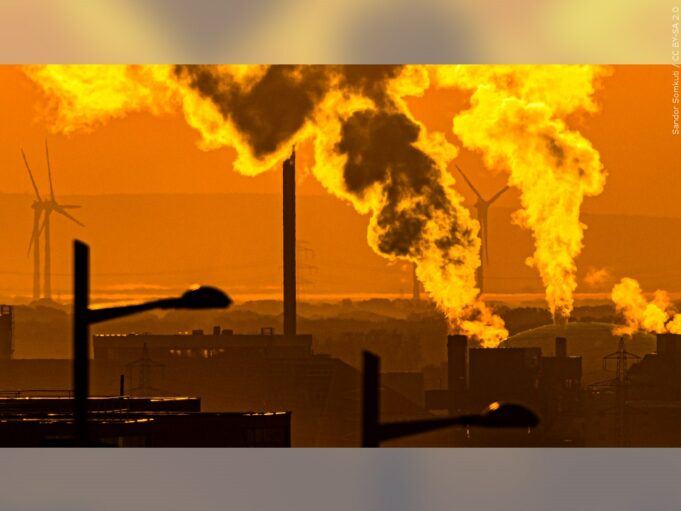Global-North nations, including the United States and countries in Europe, bear the responsibility of global warming and Global-South nations, including those located in Africa, suffer the consequences.

According to the UN fact sheet on climate change, Africa, a continent that contributes merely two percent of the Earth’s growing carbon emissions, bares the full force of the consequences of global warming, none more so than in climate-fueled armed violence.
A United Nations special rapporteur said that even if mitigation of climate change measures were met, there is a high probability that tens of millions would still end up impoverished, leading to widespread displacement and hunger.
Philip Alston, UN Special Rapporteur on extreme poverty and human rights, noted three years ago that while people in poverty are responsible for just a fraction of global emissions, they will bear the brunt of climate change, and have the least capacity to protect themselves. “We risk a ‘climate apartheid’ scenario where the wealthy pay to escape overheating, hunger, and conflict while the rest of the world is left to suffer,” he noted.
The industrialized nations—including the U.S. and countries in Europe—are the main culprits of global warming or climate change. Western powers have built their economies and the garnering of subsequent wealth from fossil fuels.

Photo: Youtube
According to the World Meteorological Organization (WMO) The State of the Climate in Africa 2021 report, global warming has a special focus on water. High water stress is estimated to affect about 250 million people in Africa and is expected to displace up to 700 million people by 2030. Four out of five African countries are unlikely to have sustainably managed water resources by 2030.
The Global-North including Africa has become the dumping ground of U.S. and European-created plastic waste. Earlier this year, the UN Environment Program hosted the three-day UN Environment Assembly opening in Nairobi. At the assembly, it was concluded that plastic pollution in Africa is accelerating, driven in part by poor rubbish collection and a lack of recycling facilities. The problem poses “a significant threat for the environment and the economies of the continent,” it said in a recent report, published in the dailysabah.com
Some 300 million tons of plastic waste—the equivalent weight of the planet’s human population is produced each year. But globally less than 10 percent is recycled, a figure that anecdotally is far smaller in Africa, although reliable statistics for the continent are rare. “If nothing is done in a few years, Africa will become a dustbin of plastic bags and waste,” said Ousmane Danbadji, head of a nongovernmental organization (NGO) called the Niger Network for Water and Sanitation, reported dailysabah.com.
While there is an abundance of credible scientific evidence on the impacts of climate change, there is a dearth of reliable disaggregated data and evidence on the impact of climate change on women, reported timeslive.co.za
In a review by researcher Dr. Alex O. Awiti of the Institute for Human Development at Aga Khan University in Nairobi, Kenya, he noted that climate change affects women more negatively compared to men in five impact areas. This includes agricultural production; food and nutrition security; health; water and energy; climate-related disaster, migration, and conflict. “The lack of gender-disaggregated data undermines efforts to design gender-responsive interventions to enable women to cope with and adapt to climate change impacts,” Awite reported.
Violent conflicts across the continent are largely driven by resource scarcity, becoming enmeshed with ethnic polarization.
Climate change is widely recognized as a “threat multiplier” due to its role of exacerbating the traditional cause of conflict, noted Reliefweb.int. The most egregious form is the way changes in climate alter competition over increasingly scarce resources. Research on the so-called ‘heat-aggression relationship’ suggests there is a 10-20 percent increase in the risk of armed conflict associated with an increase in local temperatures.
“The physical effects of climate change interact with existing social, economic and political vulnerabilities to increase the risk of violent conflict. Governance is a critical variable in climate vulnerability, as it can create or accentuate inequalities that worsen the effects of climate change on specific groups,” noted Reliefweb.int
The upcoming 27th UN Climate Change Conference of Parties (COP27), is scheduled to be held in Sharm El-Sheik, Egypt, from November 7-18. COP27 or “the African COP,” as it is being called, presents an unprecedented opportunity for a unified African voice to demand that the global community move beyond talk to concrete action in financing for climate adaptation and mitigation.
The main agenda item is “climate finance.” Africa must strategize on ways to ensure that developed countries fulfill their commitment to developing countries in regard to the $100 billion per year financing pledge, as promised in COP15 in Copenhagen. Since the establishment of the Paris Climate Accords in 2015, there hasn’t been a single year where the pledged $100 billion per year target has been met.
Failure by industrialized nations to honor their pledge to assist Africa in mitigating its carbon footprint will acerbate already apocalyptic-like conditions.
Follow @JehronMuhammad on Twitter.













